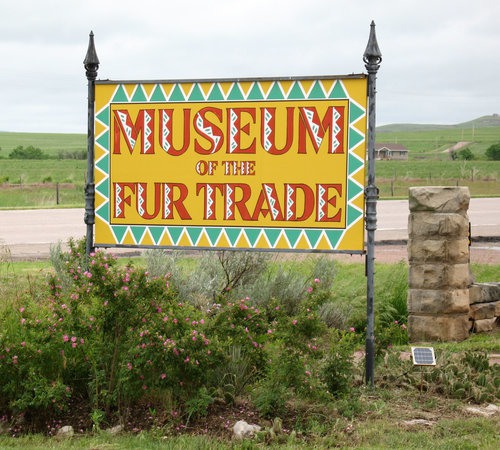It is the first great romance of America. Before the thundering cattle drives and raucous saloons of the “Wild West,” before the first creaking Conestoga wagon inched westward on the Oregon Trail, even before the stern Pilgrim fathers stepped from their fragile ship onto Plymouth Rock, the continent was abuzz with business—the business of furs.
And the 500-year-long story of the North American fur trade encompasses infinitely more than simply buffalo robes and beaver hats. It is the story of the exploration of a continent and the first exploitation of its natural resources; of kings and commoners; of lavish fortunes made and lost; of a free-enterprise system that ultimately carried a new nation into world prominence. It is the story of John Jacob Astor, who established the American Fur Company and became the richest man in America; of famed explorer William Clark, who also was the president of a fur company; of King James II of England, who was governor of the Hudson’s Bay Company; and of frontier icons—Daniel Boone, Jim Bridger, and Kit Carson, to name but three. And it is the story of the North American Indians, of the European adventurers who brought the Iron Age to America, and the inspiring story of racial harmony that grew from mutually beneficial economic activity.
Combining an outstanding collection with meticulous scholarship to interpret the story of the fur trade, the non-profit museum’s exhibits discuss the fur trade from early colonial days to the present century and its effect on Indian culture, the natural environment, frontier life, and the world economy. The exhibits trace the everyday lives of British, French, and Spanish traders, voyageurs, mountain men, professional buffalo hunters, and typical Plains and Woodland Indians. Exhibits include the entire range of trade goods, including munitions, cutlery, axes, firearms, textiles, costumes, paints, and beads.
The museum, standing on the site of James Bordeaux’s trading post established for the American Fur Company in 1837, began as a plan—then only a dream—in the minds of its founders. A half century later, it has become an institution whose collections and research are known and respected worldwide. It provides a unique educational experience for more than 40,000 visitors every year, leaving them, young and old, with a sense of adventure and faith in our economic and political freedom.
